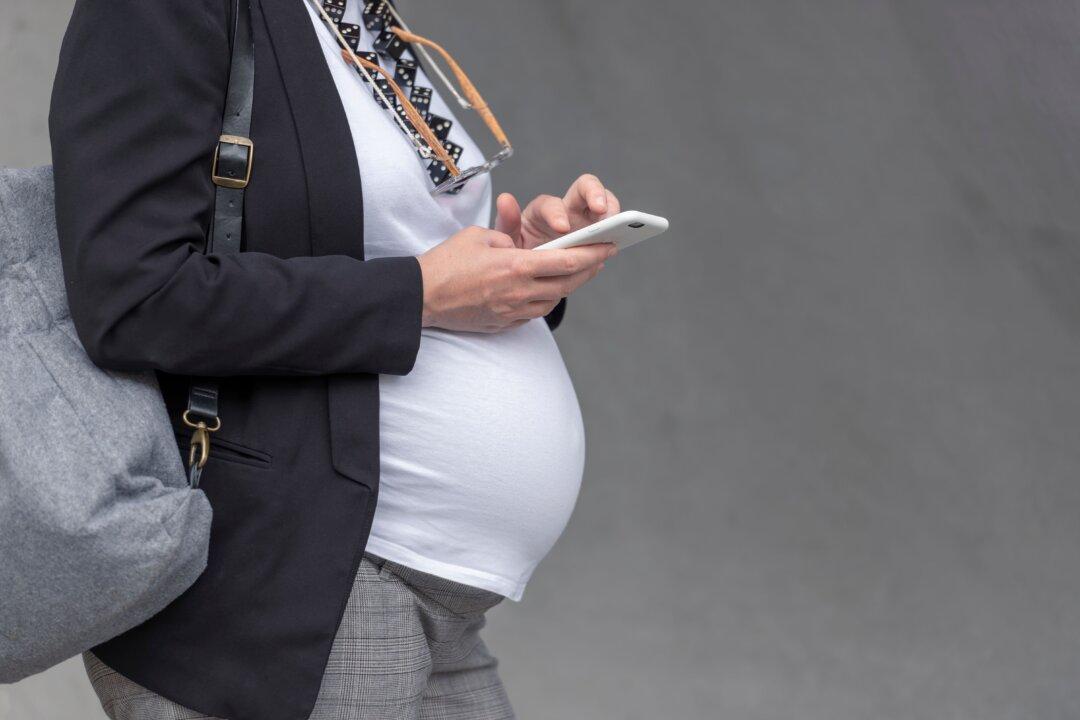Hospitals in Washington state are no longer required to report infants with prenatal drug exposure to Child Protective Services (CPS), provided there are no safety concerns.
The updated state policy allows voluntary “wrap-around” services to be provided to infants born exposed to drugs if health care providers have no safety concerns.





